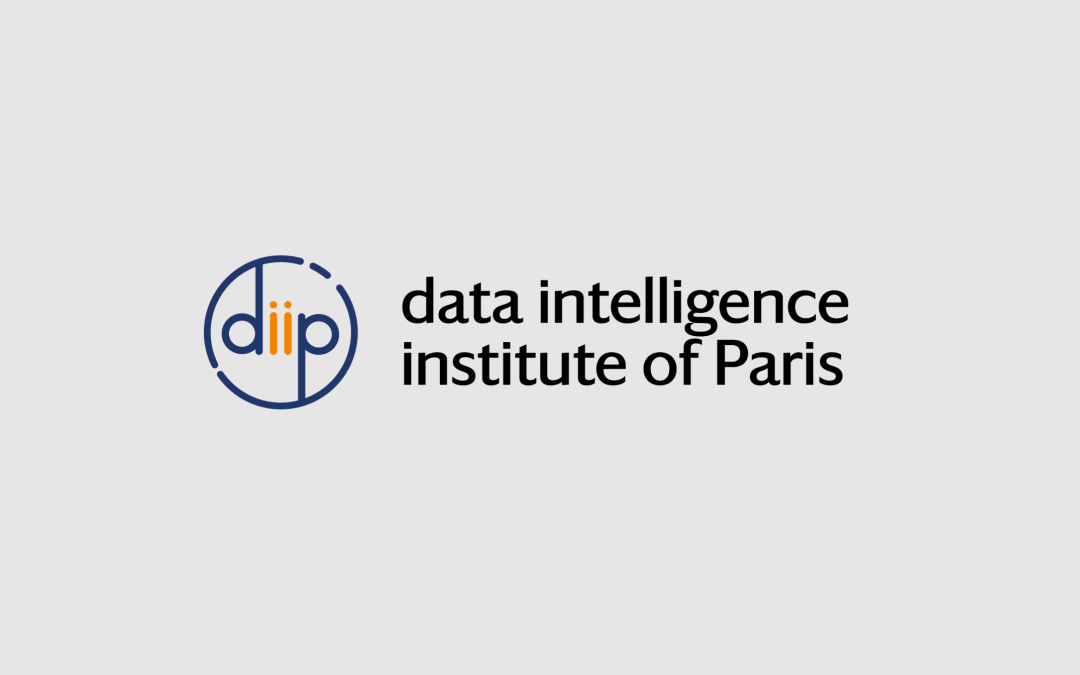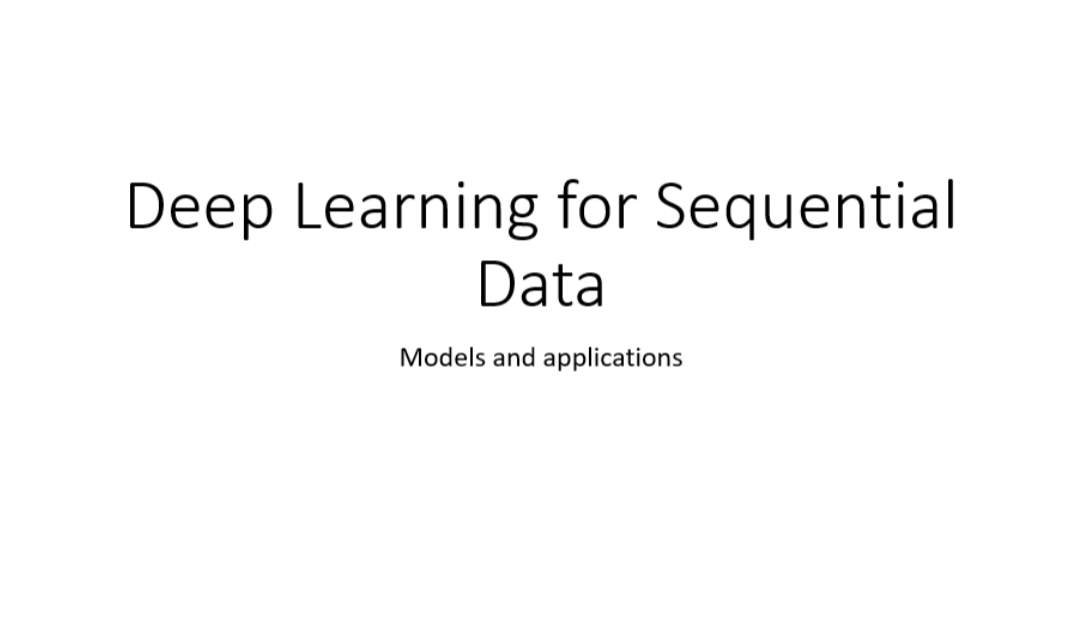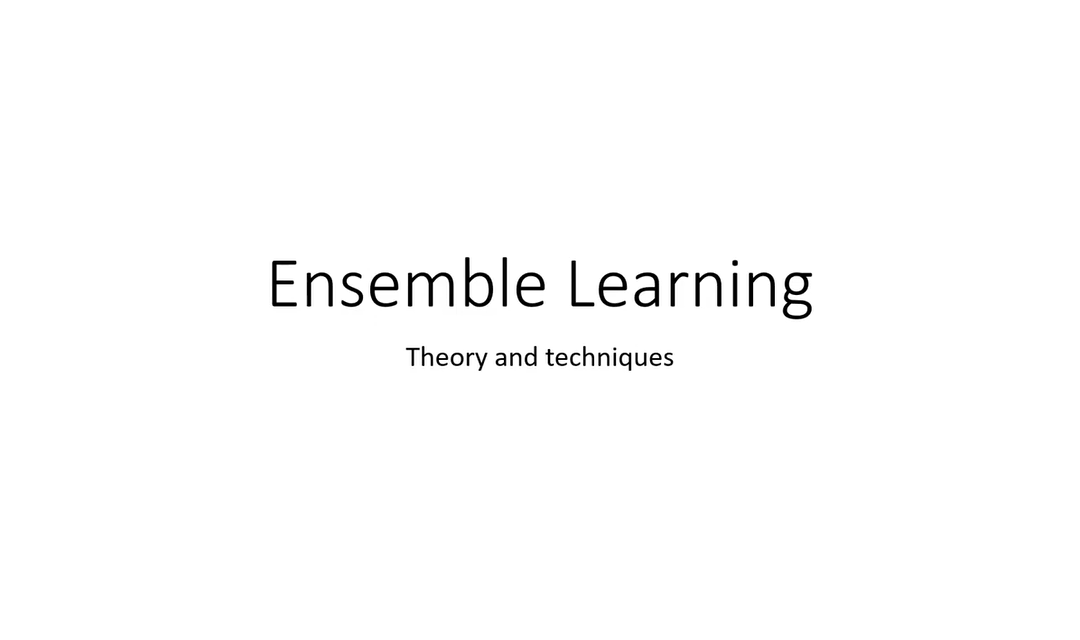Foula Vagena
April 13, 4 PM
online (zoom)
Abstract
Generative modeling is a field in machine learning that involves automatically discovering and learning regularities or patterns in the data in such a way that the ML model can generate or output new examples that plausibly could have been drawn from the original dataset. In statistical machine learning a generative model explicitly describes the joint probability distribution of input (X) and output (Y) variables, i.e. P(Y, X). Various such models are commonly used in practice such as Naive Bayes, HMMs and MRFs. Deep generative models (DGMs) are neural networks with many hidden layers trained to approximate complicated, high-dimensional and at times unknown probability distributions using a large number of samples. The literature on DGMs is growing rapidly and some advances have reached the public sphere, for example, the recent successes in generating realistic-looking images, voices, or movies; so-called deep fakes, usually employing variational autoencoders (VAE), or generative adversarial networks (GAN). In this tutorial we give an overview of generative modeling with the aim (1) to provide a broad overview of the field and (2) to the possible extent, identify the common ground as well as main differences of the two approaches. The tutorial will conclude with a code example of (1) a statistical generative model (Naive Bayes) and (2) a simple DL generative model (GAN).
Hands-On Workshop on “Generative Naïve Bayes + GAN examples”.
Dr Foula Vagena
(Université Paris Cité, diiP)
Zografoula Vagena is a research associate at the Data Intelligence Institute of Paris (diiP) and affiliated with the Université Paris Cité. She has been a data science researcher and practitioner for over ten years. She has worked on different analytics problems including forecasting, image processing, graph analytics, multidimensional data analysis, text processing, recommendation systems, sequential data analysis and optimization within various fields such as transportation, healthcare, retail, finance/insurance and accounting. She has also performed research in the intersection of data management and analytics, and was a primary contributor of the MCDB/SimSQL systems that blended data management with Bayesian statistics. She holds a PhD in data management from the University of California, Riverside.
Other seminars

Shen Liang – Knowledge-guided Data Science
Shen LiangMay 18, 4 PM online (zoom) linkedinAbstract This tutorial presents an overview of knowledge-guided data science, a rising methodology in machine learning which fuses data with domain knowledge. We will present numerous case studies on this methodology...

Shen Liang – Deep Transfer Learning and Multi-task Learning
Shen LiangJune 15, 4 PMonline (zoom) linkedinAbstract This tutorial provides an overview of two important and correlated (in many cases intersectional) topics in deep learning: transfer learning, and multi-task learning. Transfer learning focuses on...

Foula Vagena – Deep Learning for Sequential Data: Models and Applications
Foula VagenaApril 13, 4 PMonline (zoom) Abstract Recurrent neural networks (RNNs) are a family of specialized neural networks for processing sequential data. They can scale to much longer sequences than would be practical for networks without sequence-based...

Foula Vagena – Ensemble Learning: Theory and Techniques
Foula VagenaDecember 15, 4pmonline (zoom) Abstract Ensemble learning is the process by which multiple models, such as classifiers or experts, are combined to solve a particular computational intelligence problem. Ensemble learning is primarily used to improve...

